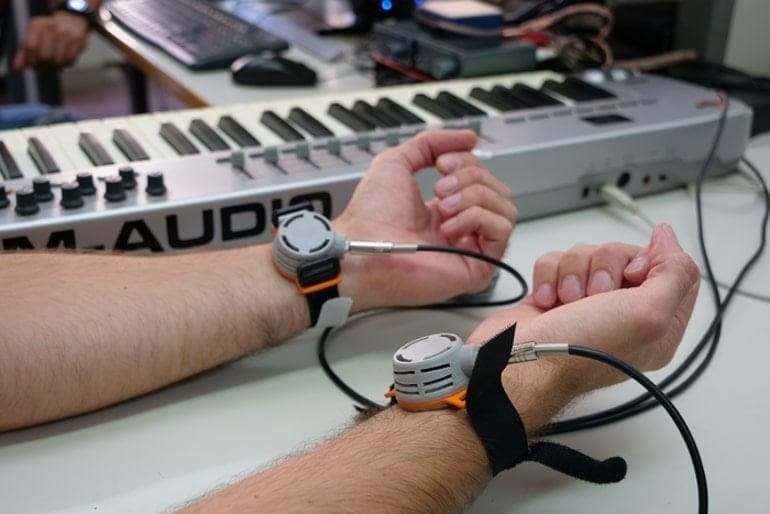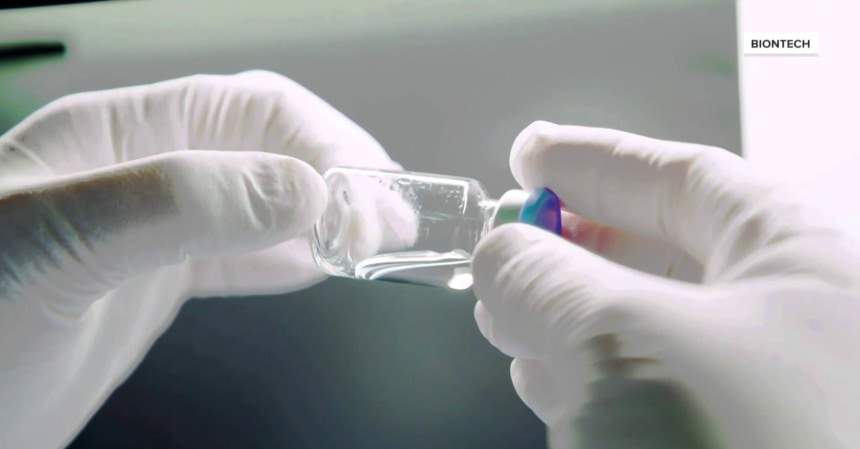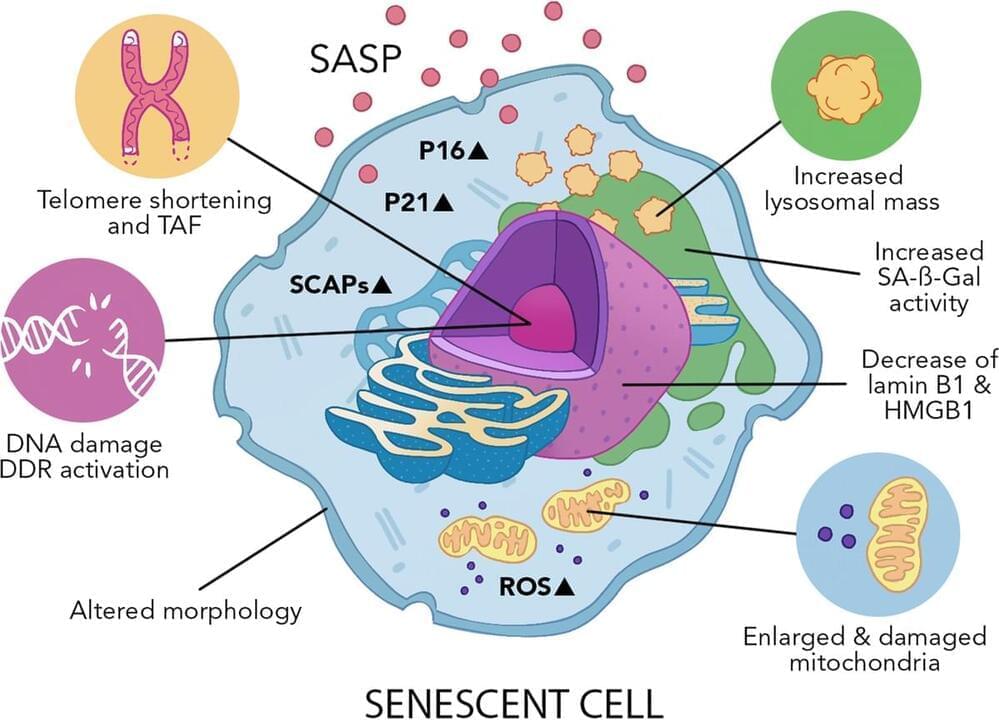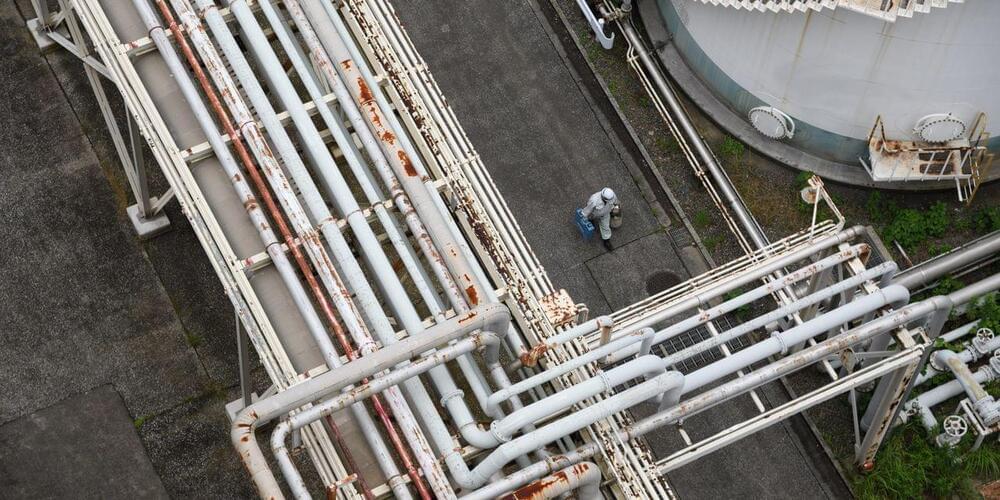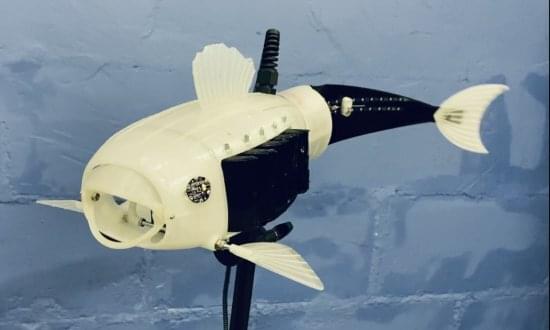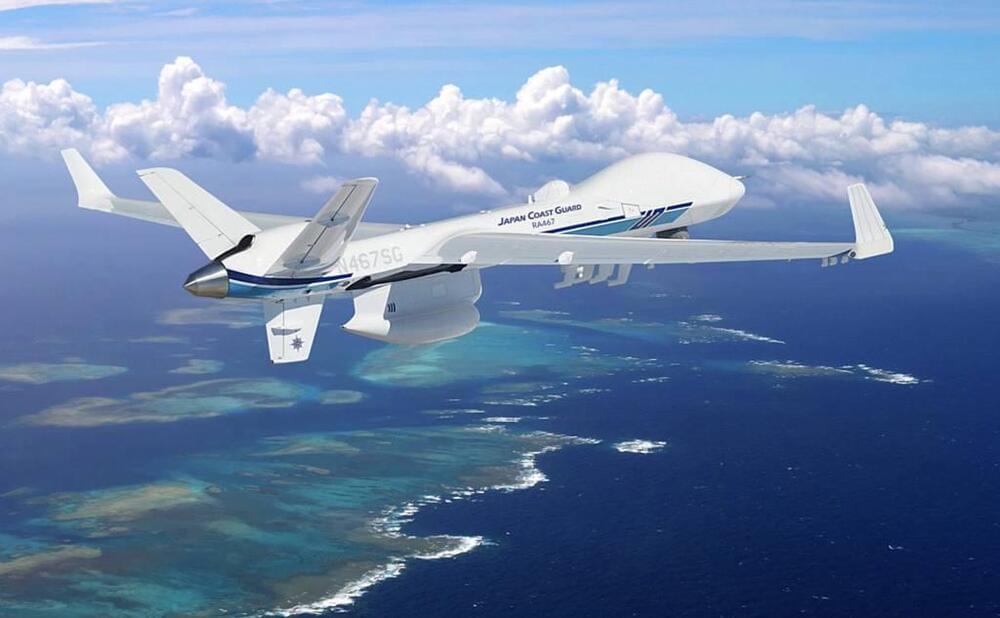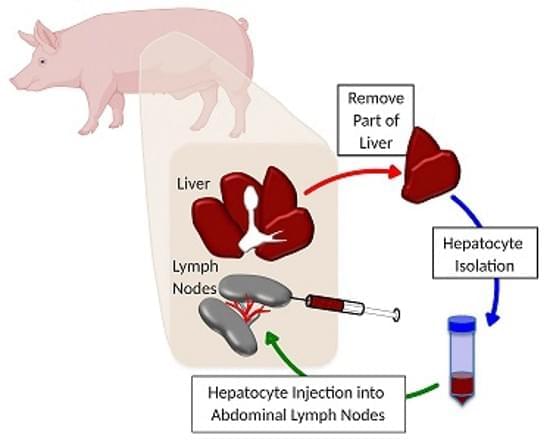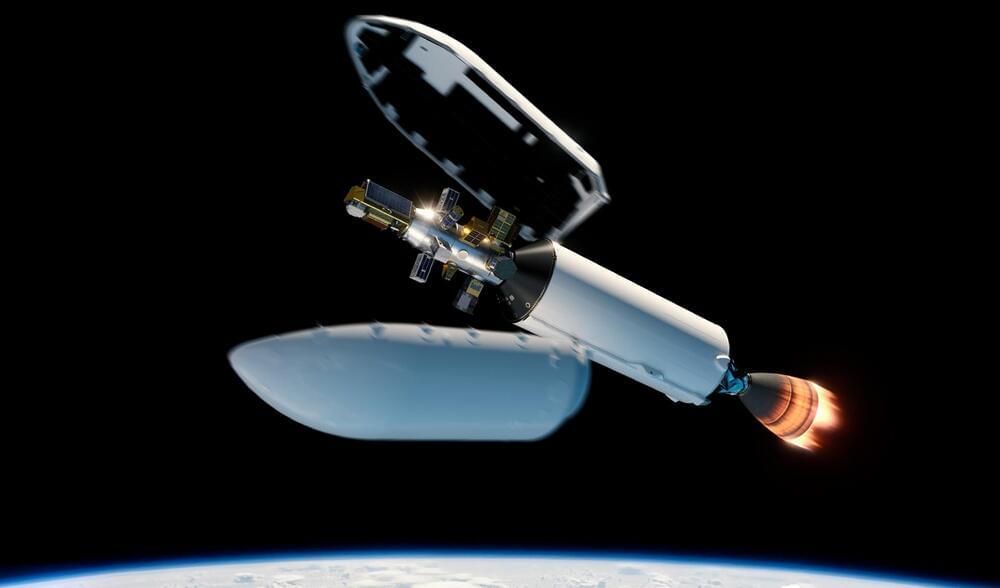
SpaceX has rolled out an upgraded version of its Rideshare program that will allow even more small satellite operators to send their spacecraft to orbit for extremely low prices.
SpaceX threw its hat into the growing ring of smallsat launch aggregators in August 2019 with its Smallsat Program. Initially, the company offered a tiered pricing scale with multiple rates for the different sizes of ports a satellite operator could attach their spacecraft to. For customers purchasing their launch services more than 12 months in advance, SpaceX aimed to charge a minimum of $2.25 million for up to 150 kilograms (~330 lb) and a flat $15,000 for each additional kilogram. Customers placing their order 6–12 months before launch would pay a 33% premium ($20,000/kg).
SpaceX may have sorely misjudged the market, however, because the company introduced a simpler, reworked pricing system just a few months later. SpaceX slashed prices threefold, removed most of the tier system, and added a portal that allowed customers to easily reserve launch services online. Compared to the first attempt, the new pricing – $1 million for up to 200 kilograms (~440 lb) and $5000 for each extra kilogram – was extraordinarily competitive and effectively solidified SpaceX as the premier source of rideshare launch services overnight. Save for an inflation-spurred increase to $1.1 million and $5500/kg, that pricing has remained stable for almost three years, and SpaceX’s Smallsat Program has become a spectacular success.

